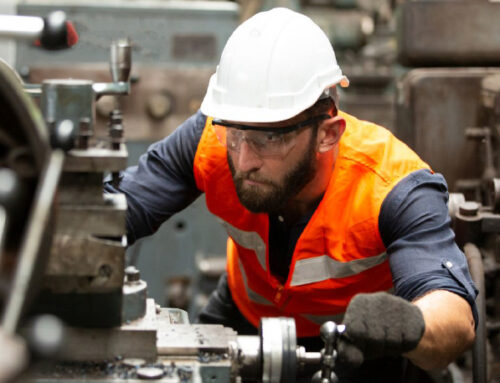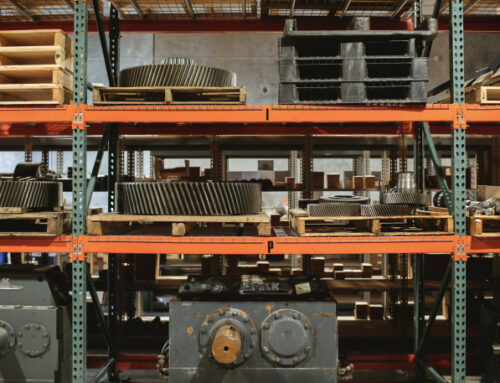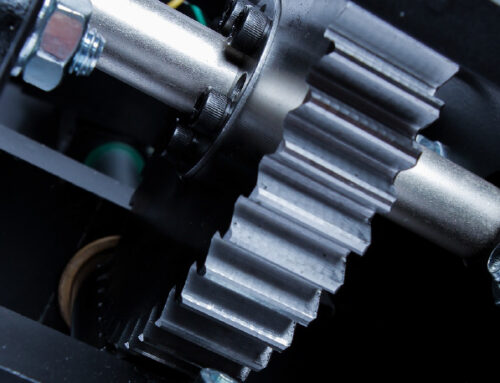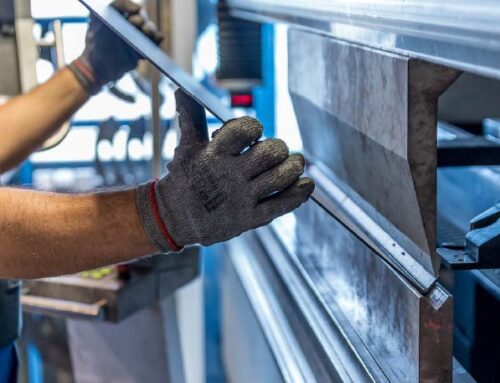Did you know that the average OSHA infraction costs $14,502 per violation? If you want to protect the health of your employees and your company’s bottom line, industrial gearbox noise reduction is a great place to start.
Having access to a gearbox distributor with professional repair and renewal services is key to well-performing equipment and employee safety. Luckily, our parts and service offerings at NW Industrial Sales, LLC are just what you need to control gearbox noise in your operation.
Why is it Important to Monitor Industrial Gearbox Noise?
While all industrial settings come with noise, there is a certain threshold that puts employees in danger. In fact, an OSHA study titled Noise Exposure and Conservation tells us “exposure to high levels of noise can cause permanent hearing loss.” Not only does gearbox noise endanger team members, but it can prove costly due to worker’s compensation claims and medical bills.
If gearbox components are not working as they should, it could lead to larger problems in your manufacturing line. If you fail to monitor noise, equipment failures can grind your whole operation to a halt. Operating at efficiency becomes more dire if you don’t have surplus gear reducers in stock.
OSHA Occupational Noise Exposure Limits
According to the Centers for Disease Control and Prevention (CDC), OSHA developed a “permissible exposure limit (PEL)” of noise. The basic idea being, the longer an employee is exposed to loud noise (beyond a certain threshold), the fewer hours they can legally work in a day.
The full-time work threshold for OSHA is 90 decibels (dBA) of constant noise in an eight hour workday. If that number is bumped up to 95 dBA, your team members can only legally work four hours in a single shift. While you might be able to keep noise levels below OSHA standards when everything is working well, a broken gearbox might lead to a costly infraction.
4 Ways to Reduce Gear Noise at Your Operation
Monitoring and regulating industrial gearbox noise is important to the health of your team as well as to operation efficiency.
1) Implement Noise Controls
Even if all of your equipment is working perfectly, you should still implement noise controls at your facility. By keeping noise at a reasonable level, you will ensure that you don’t endanger team members in the event that a gearbox malfunctions. People use a number of techniques to control noise in factories, including sound barriers, enclosures, and dampening materials.
2) Monitor Noise Levels
Monitoring noise levels at your facility will help ensure your operation is safe and everything is working correctly. For certain operations, this means measuring noise from different machines separately. Especially with gearboxes, excessive vibration is often an indicator that something is broken.
 3) Make Required Repairs
3) Make Required Repairs
When you determine which gearbox is broken, you should fix the problem ASAP. If your production line uses older machinery, we advise having Falk surplus gearing and parts on hand in the event something breaks. Ideally, your company has an ongoing maintenance plan in place as well as a trusted Falk product repair and renewal partner.
4) Enhance Employee Safety Measures
Always offer noise protection for employees. Not only are earplugs necessary, but also consider placing noise blocks between loud machinery and in places where people tend to spend the most time, such as in break rooms and offices. It’s also a good idea to provide regular hearing exams for employees.
Expert Industrial Gearbox Repair Services & More
NW Industrial has the experience and resources to protect your business against breakdowns with Falk gearbox parts. As agents of Rexnord’s Industrial Services division, we have access to a nationwide network for repair and maintenance services.
Our inventory is well stocked and we can provide direct factory shipments without delay. Looking for an obsolete product? Our experienced team can help.
Contact us today to learn more!
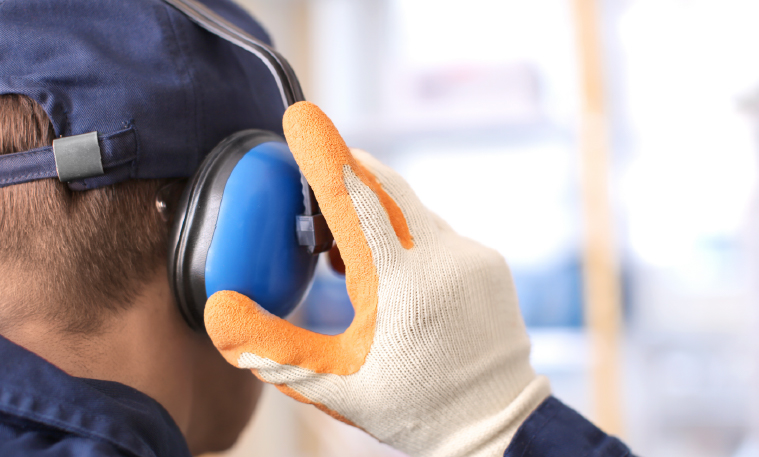
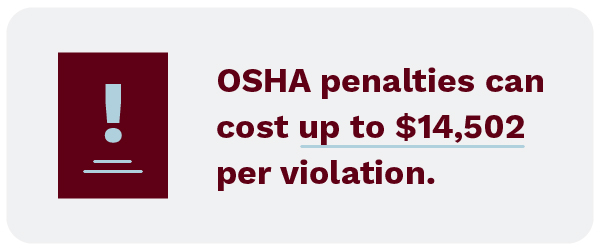
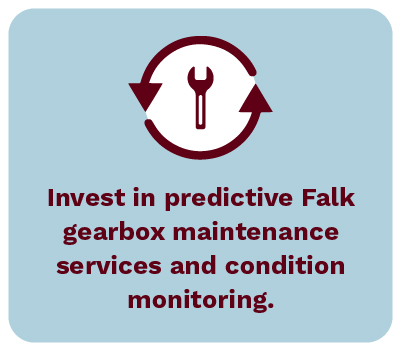 3) Make Required Repairs
3) Make Required Repairs 
